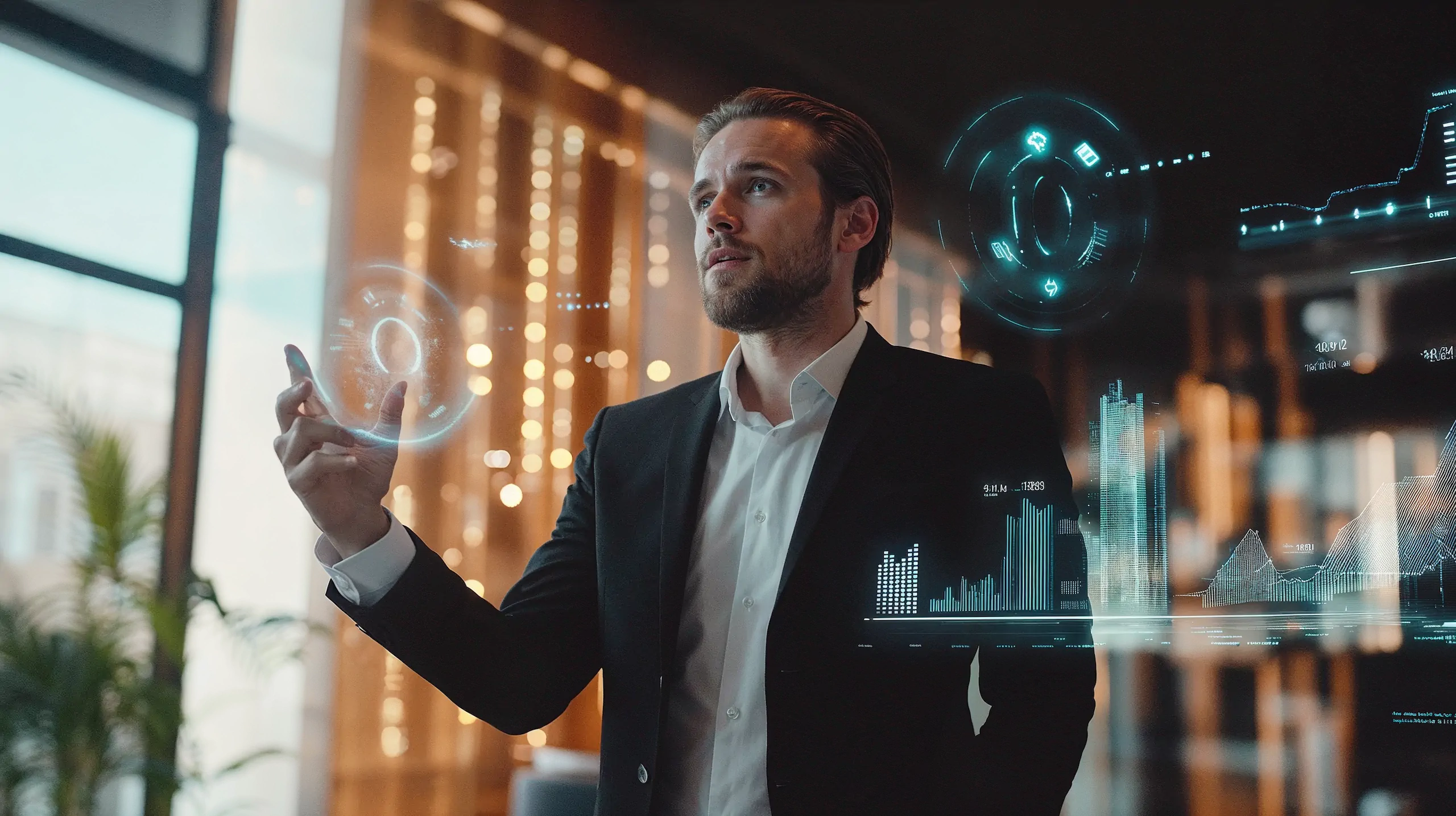AI Marketing Statistics 2025: Trends, Insights, and Business Impact

6 min read
AI Marketing Statistics: Transforming the Digital Landscape
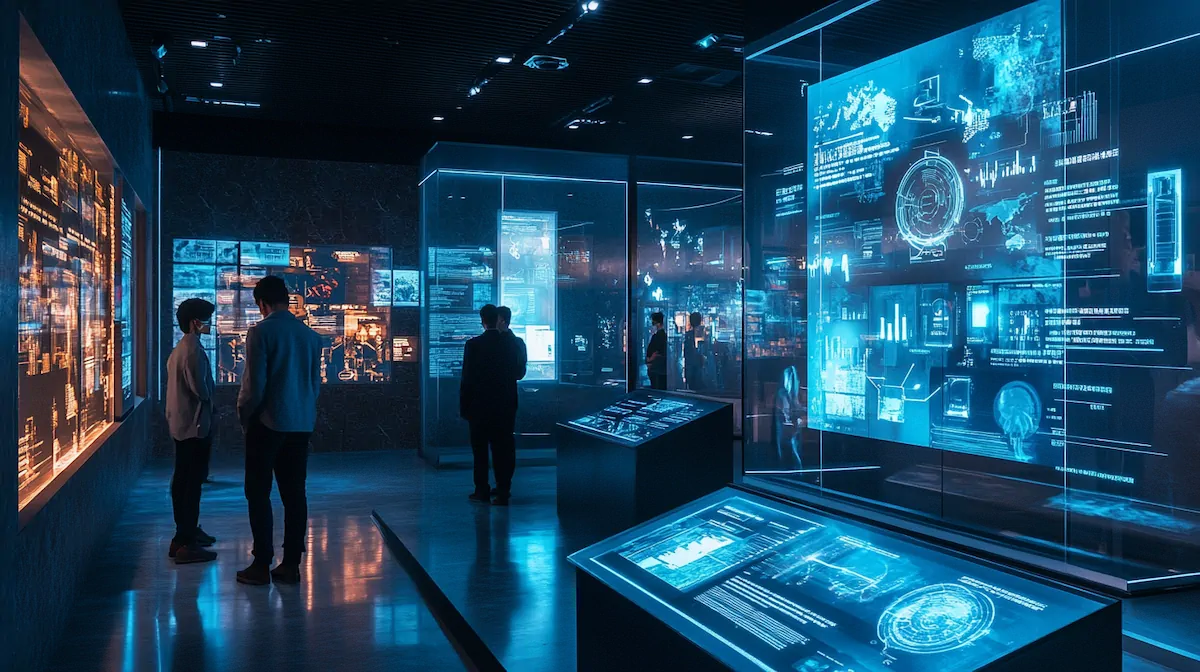
Artificial Intelligence (AI) is revolutionizing the marketing world. Let's explore some key statistics that highlight its growing influence and how businesses can leverage AI to enhance their marketing strategies.
The Rapid Growth of AI in Marketing

The AI marketing sector is experiencing significant expansion:
-
Market Value Surge: In 2021, the AI in marketing market was valued at approximately $15.84 billion. Projections indicate a substantial increase, with expectations to reach over $107.5 billion by 2028. (statista.com)
-
Projected Market Expansion: The global market for AI in marketing is expected to reach $36 billion in 2024. (statista.com)
-
Widespread Adoption: A significant 80% of marketers worldwide integrate some form of AI into their online marketing activities. (martech.org)
-
Growing Investment: 79% of respondents in a McKinsey report stated that integrating AI into marketing and sales has increased business revenue. (mckinsey.com)
-
Generative AI in Marketing Communications: By 2025, it's projected that 30% of outbound marketing messages from large organizations will be synthetically generated using generative AI, a substantial increase from less than 2% in 2022. (synthesia.io)
-
Current AI Implementation: As of 2024, 32% of marketing organizations have fully implemented AI, while 43% are experimenting with it. (martech.org)
-
Future AI Plans: 51% of organizations are either piloting or scaling AI initiatives, up from 42% in 2023. (martech.org)
How Marketers Are Utilizing AI
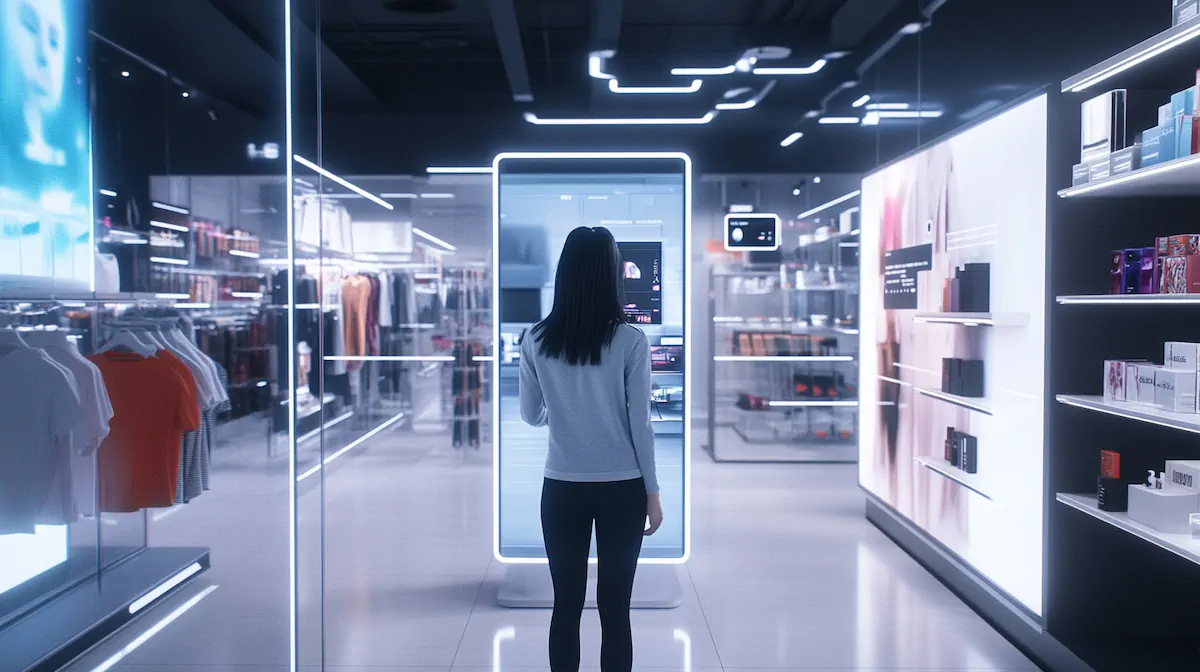
AI is being employed in various facets of marketing to boost efficiency and effectiveness:
-
Generative AI Usage: In 2023, 73% of U.S. marketers reported incorporating generative AI tools, such as chatbots, into their operations. (statista.com)
-
Content Generation: 71% of marketers believe AI can be useful for content creation and personalization. (surveymonkey.com)
-
Data Analysis: Approximately 53% of marketers utilize AI for data analysis, enabling deeper insights into consumer behavior. (statista.com)
-
Customer Interactions: In 2022, 90% of marketing professionals across 35 countries utilized AI tools to automate customer interactions, up from 88% in 2021. (statista.com)
-
Chatbots for Lead Generation: 55% of marketing firms confirmed using AI chatbots for lead generation strategies in 2024. (martech.org)
-
Personalization: An impressive 88% of marketers working with AI report that it has enhanced their ability to personalize the customer journey across various channels. (surveymonkey.com)
-
B2B Marketing: 57% of B2B marketers in the U.S. used chatbots in their demand generation programs to understand their audience better. (statista.com)
-
AI Adoption in Marketing: Currently, 62% of professionals consider AI integral to their marketing efforts, with 38% of non-users planning to implement AI strategies in 2024. (synthesia.io)
Benefits of AI Integration

Incorporating AI into marketing strategies offers several advantages:
- Increased Efficiency: Marketers save an average of 3 hours per piece of content and 2.5 hours per day overall by utilizing AI tools. (synthesia.io)
- Enhanced Efficiency: 52% of U.S. marketing professionals in 2023 identified increased speed and efficiency of workflows as a primary benefit of AI tools. (statista.com)
- Improved Data Processing: 51% of marketers highlighted better data processing capabilities as a significant advantage of AI integration. (statista.com)
- Improved ROI: A significant 68% of companies have observed growth in content marketing ROI since implementing AI. (synthesia.io)
How Businesses Can Leverage AI Marketing Statistics
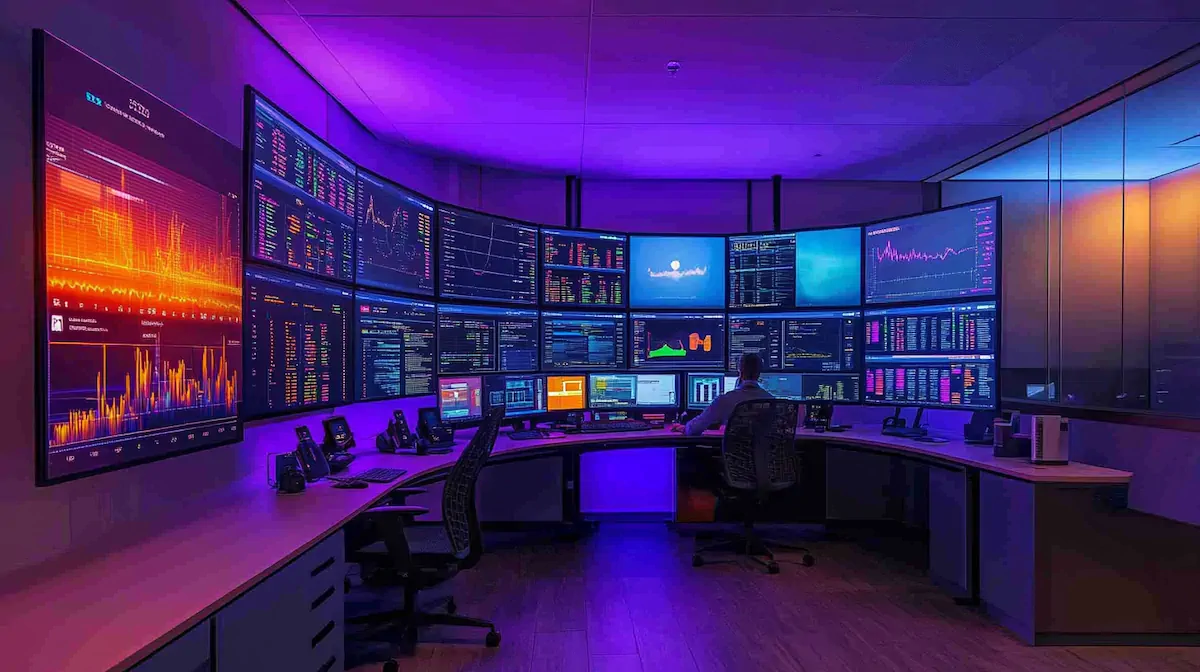
To maximize the potential of AI in marketing, businesses should consider the following strategies:
- Invest in AI Tools: Use AI-driven marketing software for content creation, customer segmentation, and personalized advertising to enhance efficiency.
- Enhance Customer Experience: Implement AI chatbots and virtual assistants to provide instant customer support and improve engagement.
- Utilize AI for Data Analysis: Leverage AI for deep insights into consumer behavior, predictive analytics, and optimized decision-making.
- Automate Routine Tasks: Free up valuable human resources by using AI for automating repetitive marketing tasks, such as email campaigns and social media management.
- Adopt AI in Video Marketing: Use AI-powered tools to create personalized video content at scale, increasing audience engagement.
- Test and Optimize Campaigns: Continuously refine AI-driven marketing strategies by analyzing performance data and adjusting campaigns accordingly.
Balancing AI with the Human Touch in Marketing
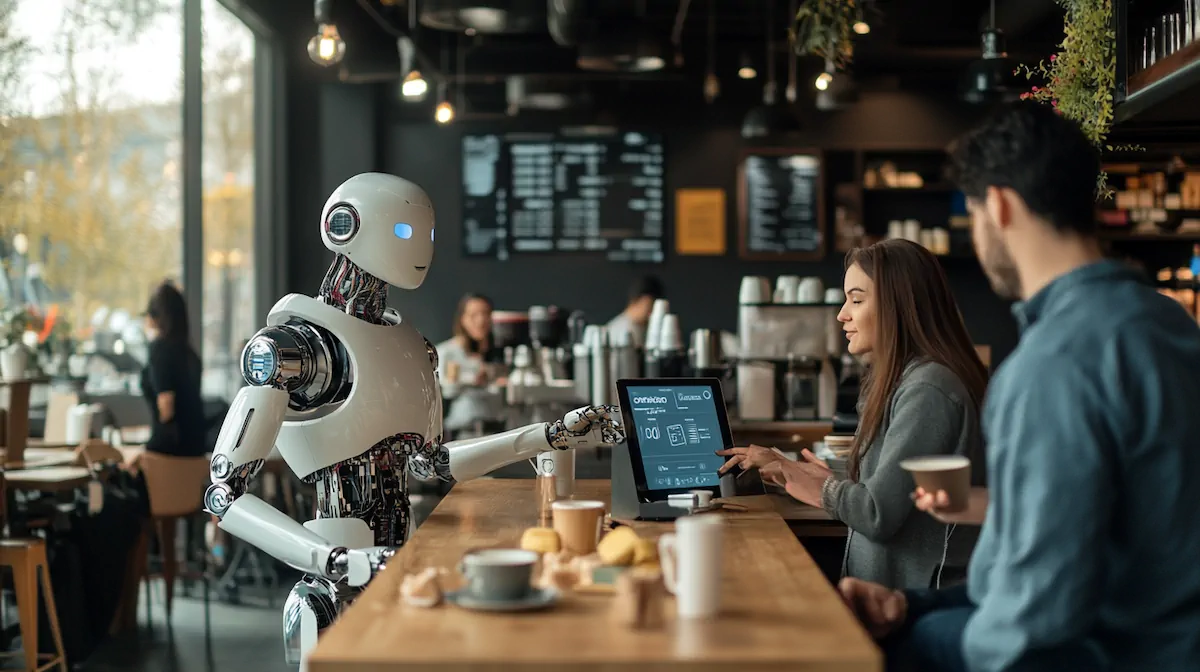
Artificial Intelligence is significantly transforming the marketing landscape, offering both opportunities and challenges. While AI enables personalized customer experiences and efficient data analysis, it also raises concerns about consumer trust and the potential loss of human creativity in advertising. Recent industry discussions highlight a growing skepticism towards AI, emphasizing the need for a balanced approach that leverages AI's capabilities without compromising the human element in marketing.
To effectively integrate AI into marketing strategies, businesses should focus on:
- Personalization: Utilizing AI to deliver tailored content and recommendations enhances customer engagement and loyalty.
- Data Analysis: AI can process vast amounts of data to uncover insights into consumer behavior, informing more effective marketing campaigns.
- Efficiency: Automating routine tasks with AI frees up resources, allowing marketers to concentrate on strategic initiatives.
- Creativity: Combining AI tools with human creativity can lead to innovative campaigns that resonate with audiences.
By thoughtfully integrating AI, marketers can navigate the evolving digital landscape, balancing technological advancements with the indispensable human touch.
Related Articles
AI is revolutionizing marketing, but its impact goes far beyond automation and data analysis. If you're looking to take your business to the next level, you might be interested in exploring How Marketing Automation Can Streamline Your Business. This article dives into how automated workflows can reduce manual effort and improve efficiency, allowing you to focus on high-impact strategies.
Another crucial aspect of leveraging AI in marketing is having a solid digital strategy in place. Developing a Digital Strategy for AI Integration provides actionable insights on implementing AI tools effectively, ensuring they align with your business goals and drive measurable results.
If your focus is on optimizing your website, AI can play a pivotal role in improving user experience and site performance. Our guide on Optimizing Your Website with AI for Better Performance explores how AI-powered tools can enhance load speeds, personalize content, and drive more conversions.
Finally, if you want to ensure your marketing campaigns are reaching the right audience, consider SEO Strategies Enhanced by AI Technology. This article uncovers how AI-driven keyword research, content optimization, and search algorithms can help improve your website's visibility and search rankings.





